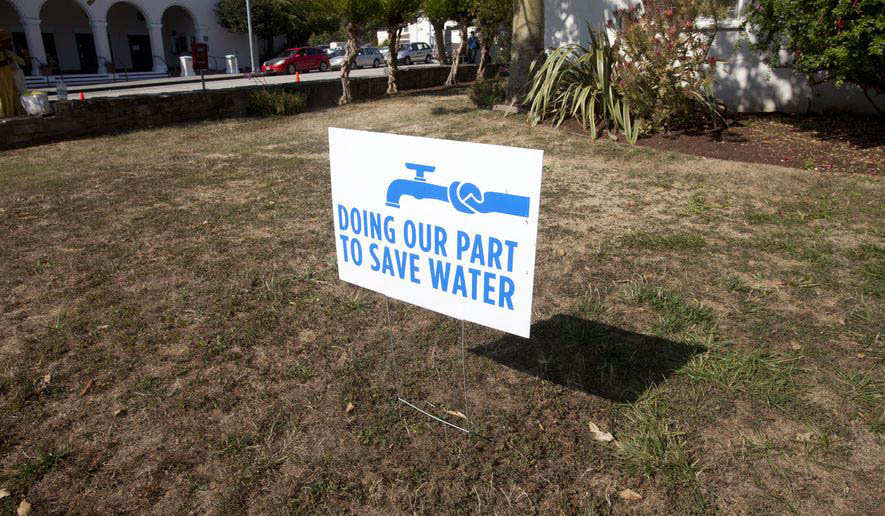RIO DE JANEIRO/ BRASILIA, (Reuters) – Brazil’s government yesterday unveiled emergency hydroelectric measures in response to a drought that has emptied reservoirs and fanned inflation expectations.
Mines and Energy minister Bento Albuquerque in a speech urged consumers to be conscientious in their power and water use, but did not announce energy rationing. He said the government was working on a voluntary program to incentivize companies to use power outside of peak hours.
The news comes after President Jair Bolsonaro signed a temporary executive order that establishes an emergency body, known as the Chamber of Excep-tional Rules for Hydro-energy Management. It is able to temporarily establish limits which “may result in a reduction in the flow of hydroelectric plants.” The order also paves the way for the government to buy electricity reserves from private companies.
Brazil – Latin America’s biggest country, with the world’s second highest COVID-19 death toll – is facing its worst drought in over 90 years, sparking fears of energy rationing and driving inflation fears. The lack of rain also poses a headache for the country’s giant agriculture sector.
Albuquerque has previously ruled out rationing, but said consumers should expect to pay more for their electricity, as power producers are forced to switch to more expensive sources.
On Friday, the National Electric Energy Agency (Aneel) recommended measures to control energy use and combat waste, asking consumers to take shorter showers and reduce the use of air conditioning, among other measures.






